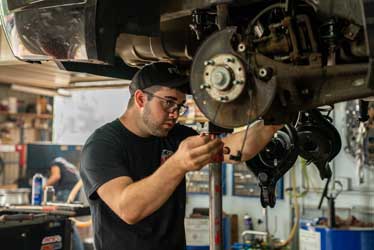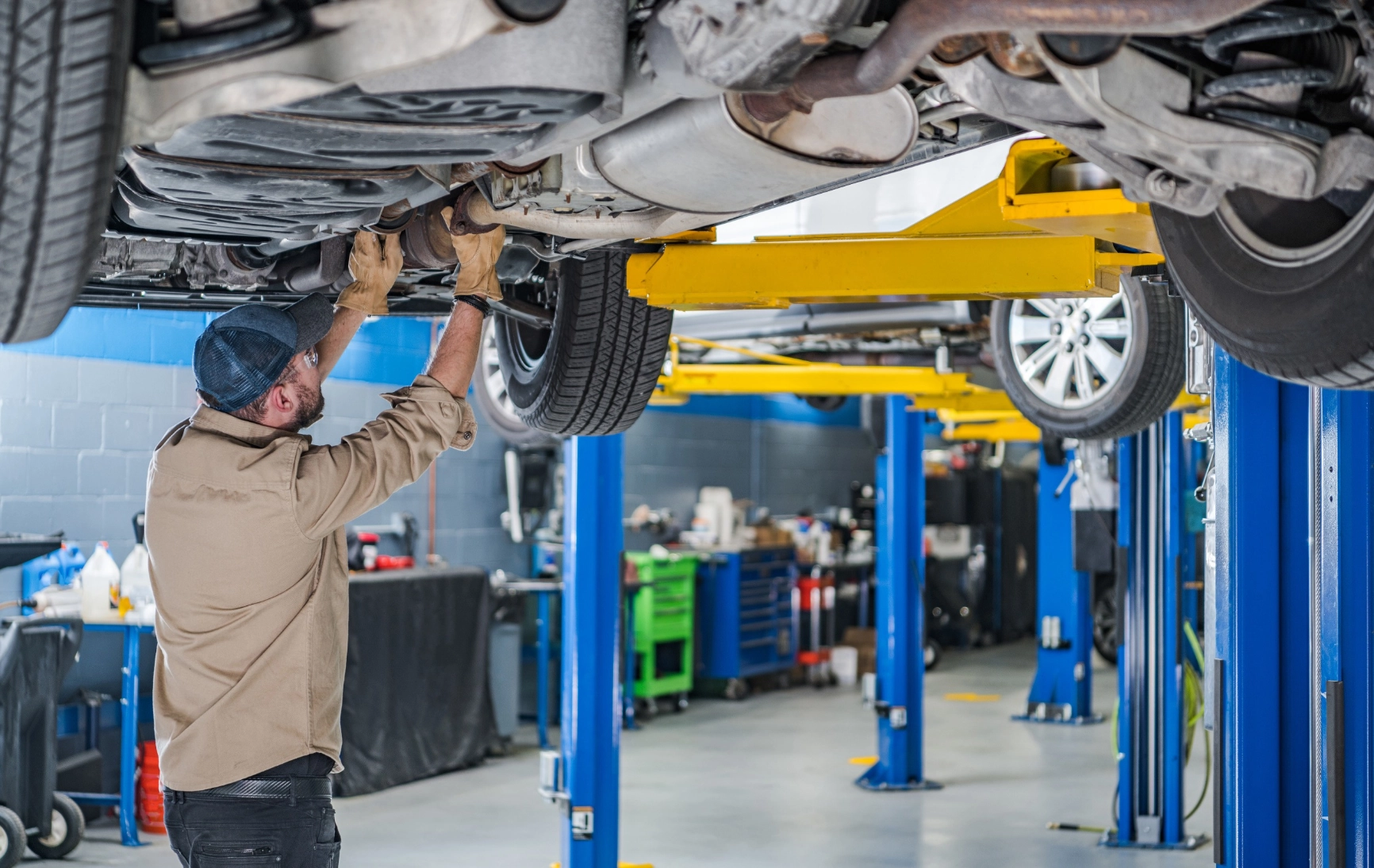All Categories
Featured
Your car's brakes are one of one of the most vital elements in guaranteeing your safety and security and the security of others when driving. Routine brake examinations are vital to keeping ideal stopping efficiency and preventing costly repair services. Whether you're a seasoned car proprietor or a brand-new driver, recognizing brake assessment guidelines can help you remain aggressive concerning maintenance and ensure your automobile is constantly roadworthy.
- Why Brake Inspections Matter. The even more you drive, the a lot more rubbing your brake pads endure, at some point leading to decreased stopping efficiency. Without appropriate assessment, it's challenging to gauge when your brakes could be in requirement of fixing.
A properly maintained brake system makes sure quick, receptive stopping power, particularly in emergency situations. It likewise helps expand the life of your car, as neglecting brake maintenance can cause more severe, expensive issues later on.
- Indicators You Need a Brake Evaluation. While it's important to have your brakes checked periodically, specific indicators may show that they need interest. Watch (and ear) out for these caution signals:
Squealing or Grinding Sounds: Unusual noises, particularly a piercing squeal or grinding sound, typically mean that your brake pads are put on down. Vibration or Pulsation: If you feel resonances or a pulsing sensation when pressing the brake pedal, maybe a sign of deformed blades or irregular brake pad wear. Lowered Brake Responsiveness: If your brakes feel less responsive or you have to press the pedal harder to slow down, it may show air in the brake lines or reduced brake liquid. Drawing to One Side: If your car pulls away when stopping, it can imply unequal brake pad wear or a brake liquid leak. Dashboard Warning Lights: Some vehicles have brake-related warning lights that suggest concerns like reduced brake liquid or used brake components. If you observe any one of these signs, it's crucial to have an expert mechanic execute a brake assessment as soon as possible.

- What Happens Throughout a Brake Inspection? During a brake assessment, a technician will certainly check a number of key parts of the braking system to make certain whatever remains in working order. Right here's what you can expect during the process:
Brake Pads and Shoes: The auto mechanic will certainly check the thickness of the brake pads or footwear. If they're also thin, they'll need to be replaced. Brake Rotors: Rotors are the discs that the brake pads press versus to reduce your auto down. They'll be looked for any type of indicators of wear, scoring, or bending. Brake Fluid: Reduced or infected brake fluid can impair stopping efficiency. The specialist will certainly check the fluid degree and top quality and leading it up or flush it if essential. Brake Lines and Pipes: Brake lines bring liquid from the master cylinder to the brakes. The auto mechanic will certainly look for any kind of leaks, fractures, or damage to make certain correct fluid flow. Brake Calipers and Wheel Cyndrical Tubes: Calipers and wheel cyndrical tubes push the brake pads against the rotors or drums. The service technician will certainly look for wear, leaks, and appropriate procedure. 4. How Frequently Should You Have Your Brakes Checked? The frequency of brake inspections depends upon variables like your driving habits, the kind of vehicle you drive, and the environment in which you drive. As a general rule, it's a great concept to have your brakes examined every 12,000 miles or as soon as a year. If you experience any of the warning indicators pointed out earlier, it's essential to obtain your brakes examined promptly.
For those that regularly drive in heavy website traffic, hilly terrain, or severe weather condition problems, more constant assessments might be needed.
- Relevance of Timely Brake Repair Works. When you find an issue with your brakes, it's important to resolve it right away. Postponing brake repair work can result in even more considerable damage to your braking system, causing greater repair work prices. In severe instances, disregarding brake issues can lead to finish brake failure, which is a major security danger.
By staying on top of brake upkeep and resolving issues quickly, you make certain that your brakes continue to do as planned, maintaining you and your guests safe when traveling.
Final Thought: Keep Your Brakes in Top Forming. Brake evaluations are a simple yet essential component of automobile upkeep. By recognizing the importance of routine examinations, understanding the signs of brake issues, and staying aggressive with repairs, you can guarantee your automobile's braking system continues to be in ideal condition.
Latest Posts
Uncover Top Auto Repair Care offered by Montclare Auto Repair – Quality Service Today
Join WyHy Federal Credit Union – Smart Money Management for Your Money Goals
Uncover Reduce Expenses on Car Maintenance with Montclare Auto Repair’s Special Deals
More
Latest Posts
Uncover Top Auto Repair Care offered by Montclare Auto Repair – Quality Service Today
Join WyHy Federal Credit Union – Smart Money Management for Your Money Goals
Uncover Reduce Expenses on Car Maintenance with Montclare Auto Repair’s Special Deals
